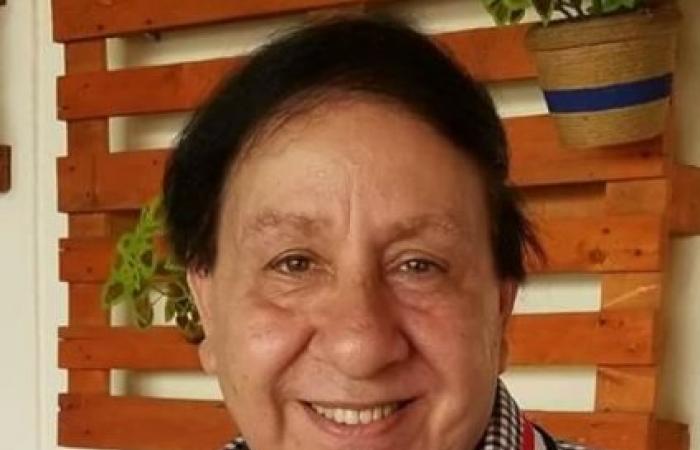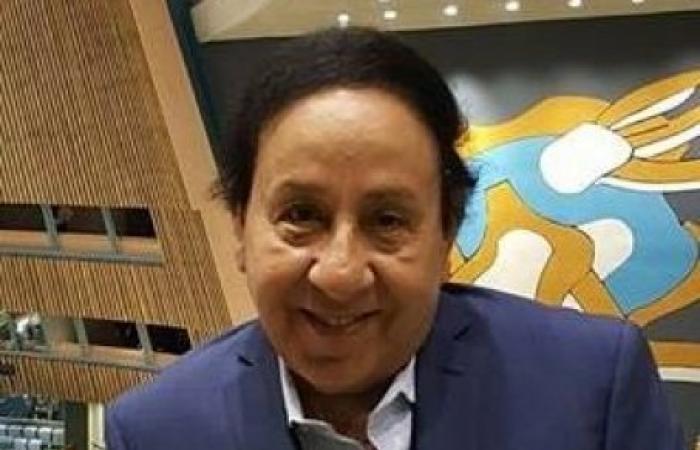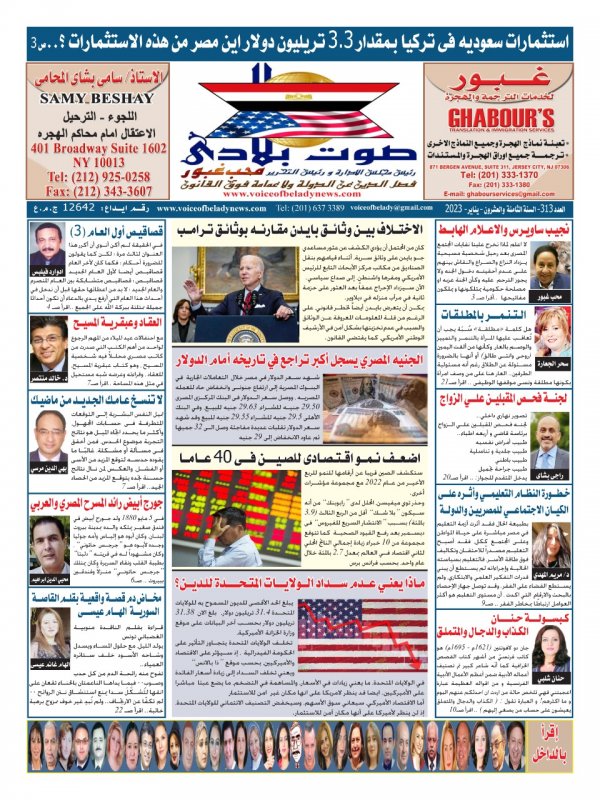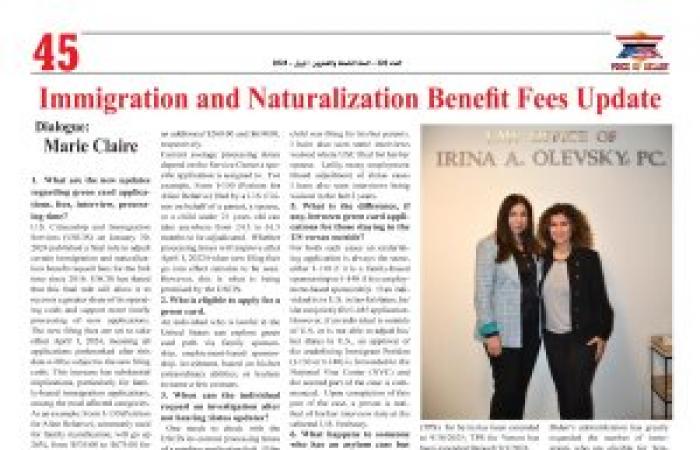Marie Claire
1. What are the new updates regarding green card applications, fees, interview, processing time?
U.S. Citizenship and Immigration Services (USCIS) on January 30, 2024 published a final rule to adjust certain immigration and naturalization benefit request fees for the first time since 2016. USCIS has stated that this final rule will allow it to recover a greater share of its operating costs and support more timely processing of new applications. The new filing fees are set to take effect April 1, 2024, meaning all applications postmarked after this date will be subject to the new filing costs. This increase has substantial implications, particularly for family-based immigration applications, among the most affected categories. As an example: Form I-130 (Petition for Alien Relative), commonly used for family reunification, will go up 26%, from $535.00 to $675.00 for paper filing, and from $535.00 to $625.00 for online filing.
Form I-129F (Petition for Alien Fiancé(e)), essential for individuals who intend to bring their fiancé(e) to the U.S., will increase from $535.00 to $675.00 (26%). Form I-485 (Application to Register Permanent Residence or Adjust Status), used by those seeking a green card or permanent residency, will also go up 18% for the standalone application (from $1,225.00 to $1,440.00). However, two formally free applications within the adjustment of status process, employment authorization and advance parole, will now cost an additional $260.00 and $630.00, respectively.
Current average processing times depend on the Service Center a specific application is assigned to. For example, Form I-130 (Petition for Alien Relative) filed by a U.S. Citizen on behalf of a parent, a spouse, or a child under 21 years old can take anywhere from 24.5 to 61.5 months to be adjudicated. Whether processing times will improve after April 1, 20224 when new filing fees go into effect remains to be seen. However, this is what is being promised by the USCIS.
2. Who is eligible to apply for a green card.
An individual who is lawful in the United States can explore green card path via family sponsorship, employment-based sponsorship, investment, based on his/her extraordinary abilities, or Asylum to name a few avenues.
3. When can the individual request an investigation after not hearing status updates? One needs to check with the USCIS its current processing times of a pending application first. If the filing date of the pending application exceeds published processing times, s/he may be able to submit an online inquiry with the USCIS or just simply call USCIS.
4. Is the interview still part of the process?
All adjustment of status applicants must be interviewed by an immigration officer unless the interview is waived by the USCIS. The decision to waive the interview is made on a case-by-case basis by assigned Immigration officer. In the last 2 years I have seen several cases where such interviews were waived, especially in cases where a USC child was filing for his/her parents. I have also seen some interviews waived where USC filed for his/her spouse. Lastly, many employment Based adjustment of status cases I have also seen interviews being waived in the last 2 years.
5. What is the difference, if any, between green card applications for those staying in the US versus outside?
For both such cases an underlining application is always the same, either I-130 if it is a family-based sponsorship or I-140 if it is employment-based sponsorship. If an individual is in U.S. in lawful status, he/she can jointly file I-485 application. However, if an individual is outside of U.S. or is not able to adjust his/her status in U.S., an approval of the underlining Immigrant Petition (I-130 or I-140) is forwarded to the National Visa Center (NVC) and the second part of the case is commenced. Upon completion of this part of the case, a person is notified of his/her interview date at the selected U.S. Embassy.
6. What happens to someone who has an asylum case but would like to apply for a green card?
It is hard to answer this question as it depends on where the case is now: is it before USCIS or is it before Immigration Court. Also, the answer will vary on how an individual entered U.S., with a visa or crossed the border. This route is possible, but an experienced attorney will need to analyze underlining facts and thereafter putting a plan of action in motion.
7. What are the updates for TPS for those from middle eastern countries?
2. Temporary Protected Status (TPS) for Syria has been extended to 9/30/2025; TPS for Yemen has been extended through 9/3/2024.
In addition, on January 26, 2024, the Biden administration announced it is not only extending, but also redesignating Syria for TPS due to ongoing armed conflict and extraordinary and temporary conditions. This extension now allows Syrian nationals with already approved TPS to extend it further until September 30, 2025. The redesignation further allows Syrian nationals (or individuals having no nationality who last habitually resided in Syria) who have been in the U.S. since January 25, 2024, to now seek TPS for the first time, including those with no status.
Biden's administration has greatly expanded the number of immigrants who are eligible for Temporary Protected Status (TPS) – a designation that gives individuals time-limited permission to live and work in the United States and avoid potential deportation. The federal government offers TPS to qualifying immigrants who live in the U.S. and come from selected nations that are deemed unsafe to return to because of war, natural disasters, or other crises. TPS is usually granted for up to 18 months based on conditions of selected nations and the federal government may repeatedly extend this eligibility if dangerous conditions in those countries persist.




 رئيس التحرير يكتب : من التراب وإلى التراب يعود .. تحويل جثث الموتى إلى سماد عضوى
رئيس التحرير يكتب : من التراب وإلى التراب يعود .. تحويل جثث الموتى إلى سماد عضوى
 رئيس التحرير يكتب : لماذا تصر الحكومة على استمرار شريف أبو النجا رئيسا لمستشفى 57357 رغم الشواهد العديدة على فساده
رئيس التحرير يكتب : لماذا تصر الحكومة على استمرار شريف أبو النجا رئيسا لمستشفى 57357 رغم الشواهد العديدة على فساده اقرأ في العدد الجديد ( عدد يناير ٢٠٢٣ ) من جريدة صوت بلادي
اقرأ في العدد الجديد ( عدد يناير ٢٠٢٣ ) من جريدة صوت بلادي









